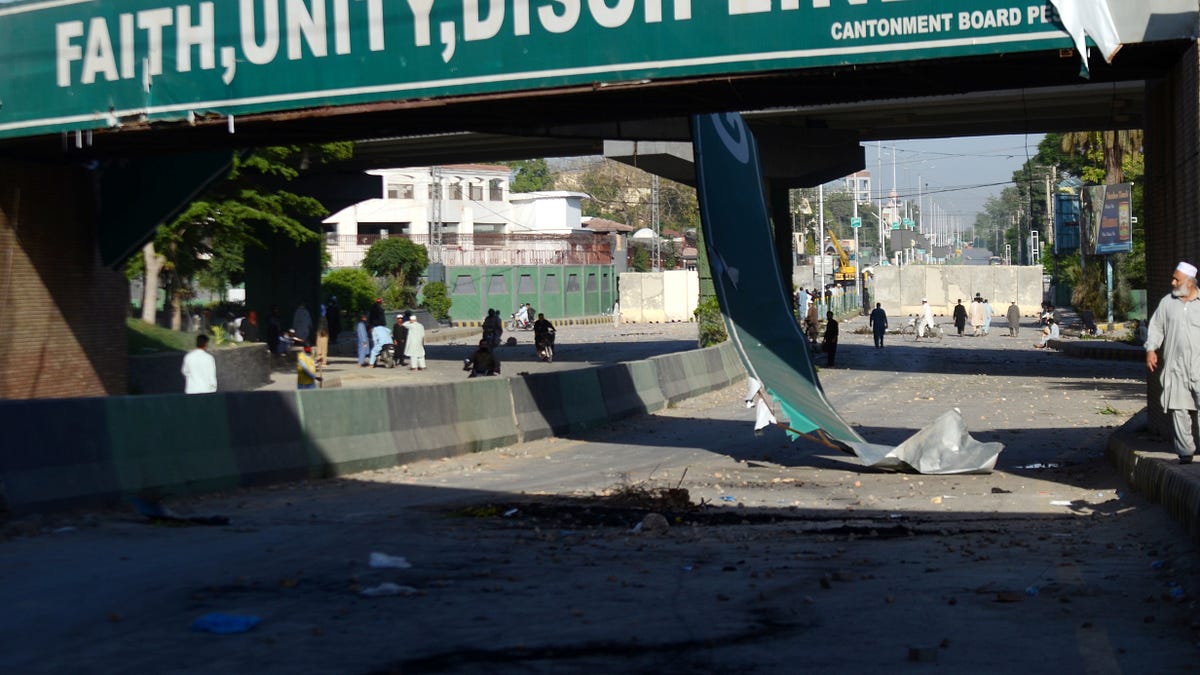- KP business community raises alarm over prolonged border closure Dawn
- Afghanistan-Pakistan Trade Volume Declines Sharply Menafn.com
- Pakistan-Afghan border closure costs exporters $177 million a month, business groups warn Arab News
- Border…
Security forces picked up movement of suspected drones in several forward areas along…





